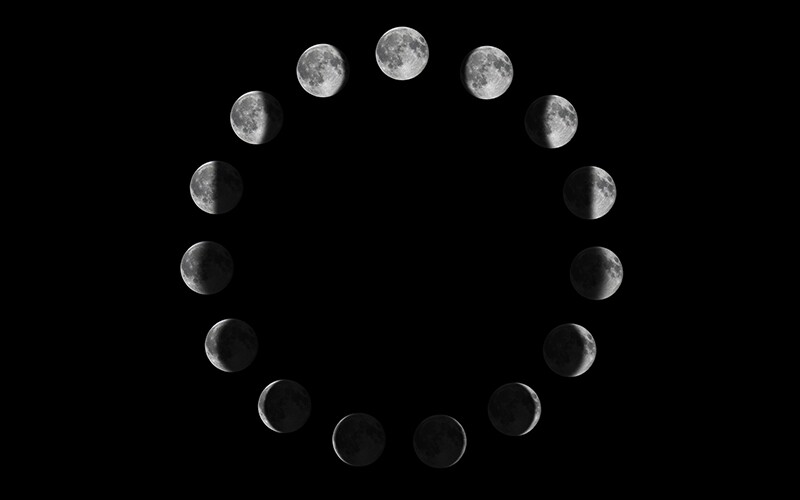Calendars are perhaps one of the most impactful aspects of modern society. Sure, Google reminders can really lighten your mental load, but it runs so much deeper too! Everyone around you likely follows the same calendar, so it’s possible for society as a whole to run smoothly on a coordinated schedule.
But how do the different types of calendars play into it, and what calendars are used around the world?
What Are the 3 Main Types of Calendars?
There are 3 main types of calendars: solar, lunar, and lunisolar. Solar calendars, such as the Gregorian calendar, are based on the Earth’s rotation around the sun in a year. Months help track progress through the seasons in solar calendars.

Lunar calendars, such as the Islamic calendar, focus instead on months that follow the moon’s phases. With the focus on moon phases, there’s no correlation with the Earth’s revolution around the sun. As a result, these calendars consist of 354–355 days, and months will slowly shift through different seasons.

Lunisolar calendars try to combine these two methods by following both the solar year and the moon’s phases. Because the moon’s phases and a year don’t match up perfectly, lunisolar calendars often add extra months or days to keep the two lined up.
Some calendars break the rules and follow different patterns. For example, seasonal calendars focus on the changes between seasons.
What Calendars Are Used Around the World Today?
Around 40 calendars are still in use today, but the main calendars used around the world are the Gregorian, Jewish, Islamic, Hindu, Chinese, Julian, and Persian calendars.
Other related sources for the Islamic and Persian calendars:
What Calendar Did Your Ancestors Use?
Different calendars have come and gone through the ages with some variations around the world still in use today. What calendars did your ancestors use, and how did it affect the way they viewed the world? Would their seasons have happened around the same month as yours, or were they on a completely different schedule?
Find out more about where your ancestors were from to help you discover which calendars they may have used.





